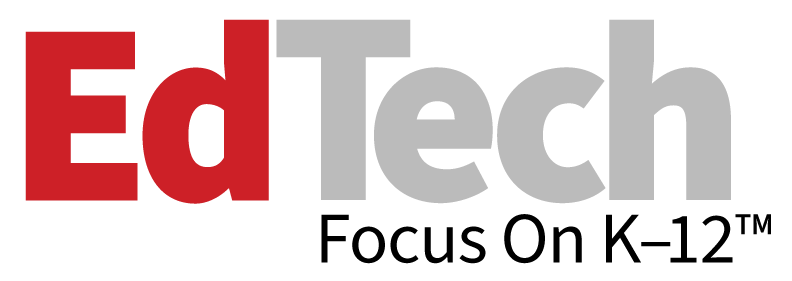An Educator’s Guide to Choice, Literacy and Embracing the Internet
Choice has always been at the heart of teaching, but who could have predicted just how much choice we’d have? As the internet continues to spread deeper into our professional lives, sometimes the options seem painfully infinite.
For a profession already known for inducing daily doses of exhaustion, the decision fatigue and accompanying ego depletion brought on by the internet has many teachers questioning whether the juice is really worth the altruistic squeeze.
Crafting a Thoughtful and Realistic Approach to Web Usage
While there are undoubtedly a few audacious educators gracefully embracing the digital age in all its option-spawning glory, some of the educators I know make up the greater majority — those afraid and unwilling to fully relinquish control and purposefully unleash the internet upon their students.
While a more measured and strategic approach to coping with the modern information influx is understandable, it just doesn’t fit the reality of most students in 2017. Our students are used to accessing the infinite. They find freedom in the unconstrained digital spaces that have always shaped their world.
As educators, it’s our responsibility to learn and honor that reality, no matter how foreign it may seem. In doing so, I think we just might find that we end up shaping the very citizens we’d always hoped to.
Providing Honest Digital Leadership
The internet has the potential to open doors to improved literacy, self-discovery and empowerment like nothing else. As teachers, we just need to be open and realistic about the darkness that accompanies that potential and work to be sure we guide students toward their interests and away from the proverbial bad.
That doesn’t mean we deny the dark truth and negativity we know exists on the web. It simply means we acknowledge the internet’s immensity, humanity’s variety, and bring an open and honest awareness to those we teach.
Students want support, guidance and acceptance as they navigate their lives and the web. For the first time ever, a technology exists that allows them the freedom to derive true personal power through introspective exploration like never before.
Facilitating the Power of Educational Choice
When students are presented with infinite options (i.e., the internet), they naturally move in directions that interest them. Allow them to make their own choices, and they’ll find pleasure in reading and learning online.
By embracing the internet, and being honest about the boundless content that comes with it, we can cultivate a generation of impressively-literate and highly-autonomous citizens who collectively discover themselves through the power of choice.
Speaking of choice, literacy and the internet, here’s a short list of applicable tools that can assist educators with making students’ learning more meaningful:
- Stackup.net – A free Chrome extension that provides the accountability needed to measure progress while giving students the freedom to read what they want.
- Hypothes.is – A new layer of the web that allows you to annotate text with anyone, anywhere.
- Grammarly.com – A free writing app and grammar checker that makes sure your messages, documents and social media posts are clear, mistake-free.
- Newsela.com – A paid service that levels nonfiction in any subject, offering news articles at multiple reading tiers, which allows you to teach reading the way you’ve always wanted to.









